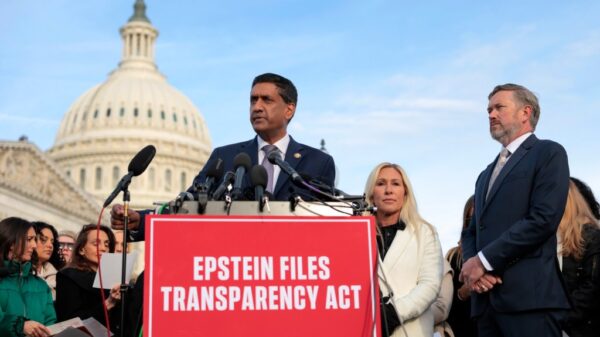The recent decision by U.S. Health and Human Services (HHS) Secretary Robert F. Kennedy Jr. to terminate nearly two dozen mRNA research contracts marks a significant shift in the government’s approach to vaccine development. This move effectively halts much of the ongoing work on mRNA technology, which has shown promise in combating various infectious diseases, including COVID-19.
Kennedy’s action, announced in early October 2023, has raised concerns within the biotechnology community. The contracts encompassed a range of projects aimed at exploring mRNA applications beyond COVID-19 vaccines, such as cancer immunotherapy and other infectious diseases. The decision signals a pivot away from a technology that many experts view as a cornerstone of modern vaccine development.
Implications for Biotechnology and Public Health
The implications of this decision could be profound. By cutting funding for mRNA research, the government may hinder advancements in a field that has gained momentum in recent years. The mRNA technology, initially developed for the COVID-19 vaccines, is now seen as a versatile platform with potential applications in various health challenges.
According to industry experts, the termination of these contracts may lead to missed opportunities for innovation in vaccine technology. MAHA, a consortium focused on advancing mRNA research, expressed disappointment over the loss of funding. They emphasized that continued investment in this area is crucial for addressing future health crises, particularly given the rapid emergence of new pathogens.
Kennedy’s decision also poses questions about the government’s long-term strategy regarding public health and pandemic preparedness. The ongoing research in mRNA technology had been viewed as a vital component of the U.S. response to health threats.
Industry Reactions and Future Prospects
Reactions from the biotechnology sector have been mixed, with some expressing hope that private funding will fill the gap left by government cuts. However, the uncertainty surrounding federal support raises concerns about the sustainability of ongoing research projects. Industry leaders are now calling for a reassessment of funding priorities to ensure that critical areas of public health research remain viable.
The U.S. government’s investment in biotechnology has historically played a crucial role in fostering innovation and addressing public health needs. As the landscape evolves, stakeholders are urging policymakers to reconsider the importance of mRNA technology in future health strategies.
In conclusion, Robert F. Kennedy Jr.‘s decision to cut mRNA contracts reflects a broader shift in governmental priorities that could have lasting impacts on vaccine research and public health initiatives. As the biotechnology sector navigates this new reality, the focus will be on finding alternative funding sources and ensuring that the promise of mRNA technology is not lost.







































































